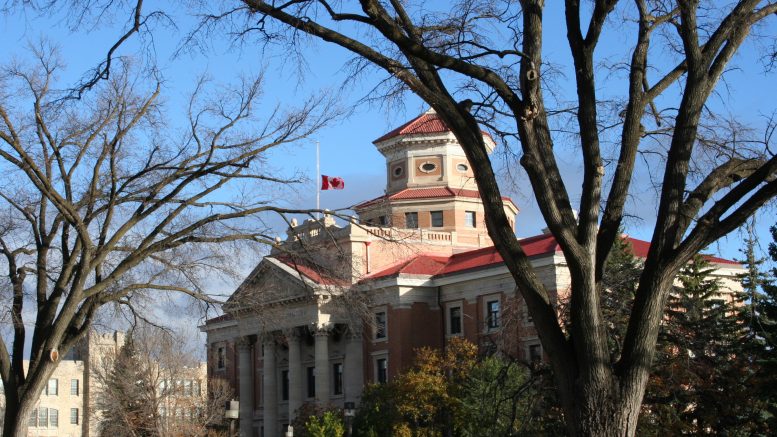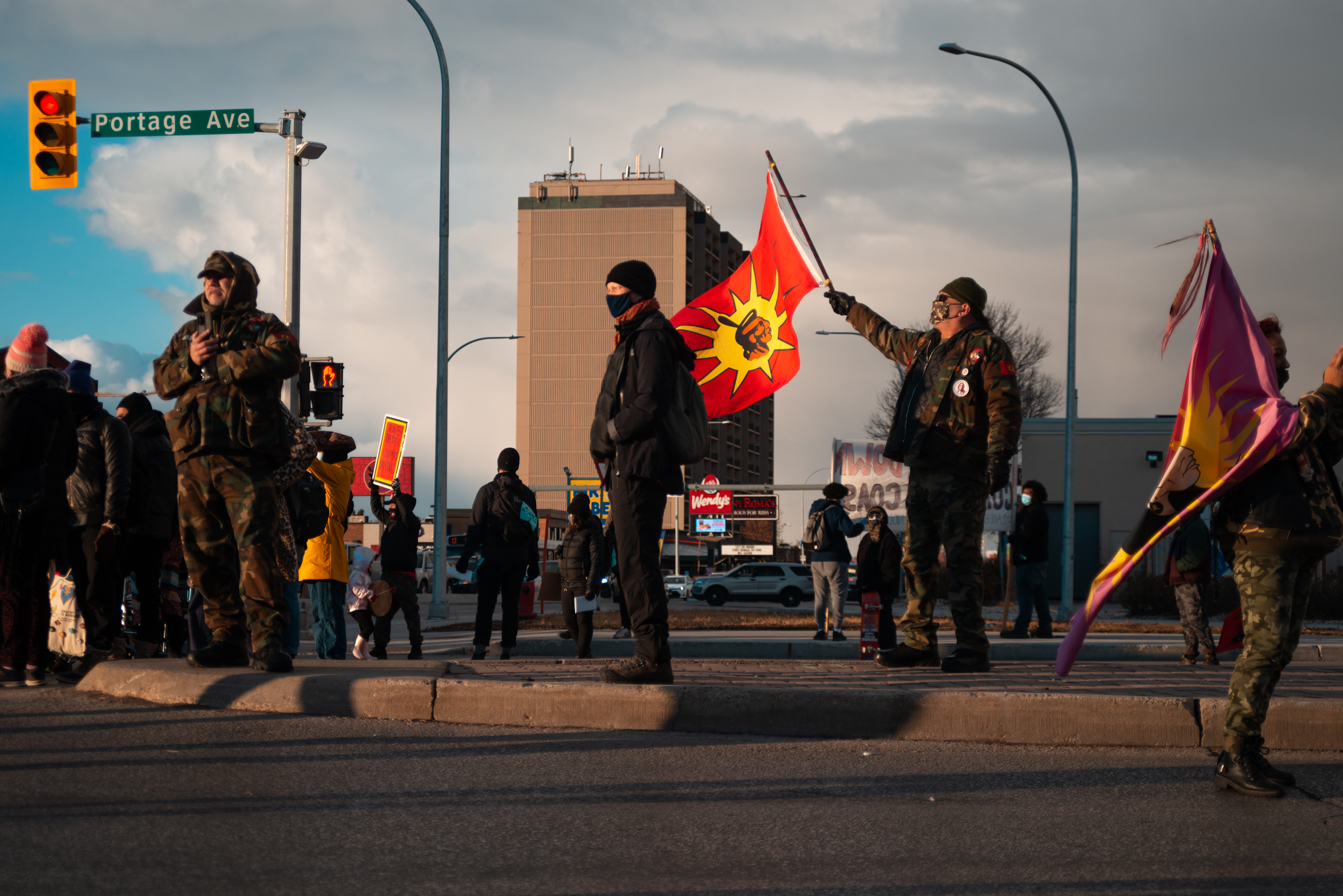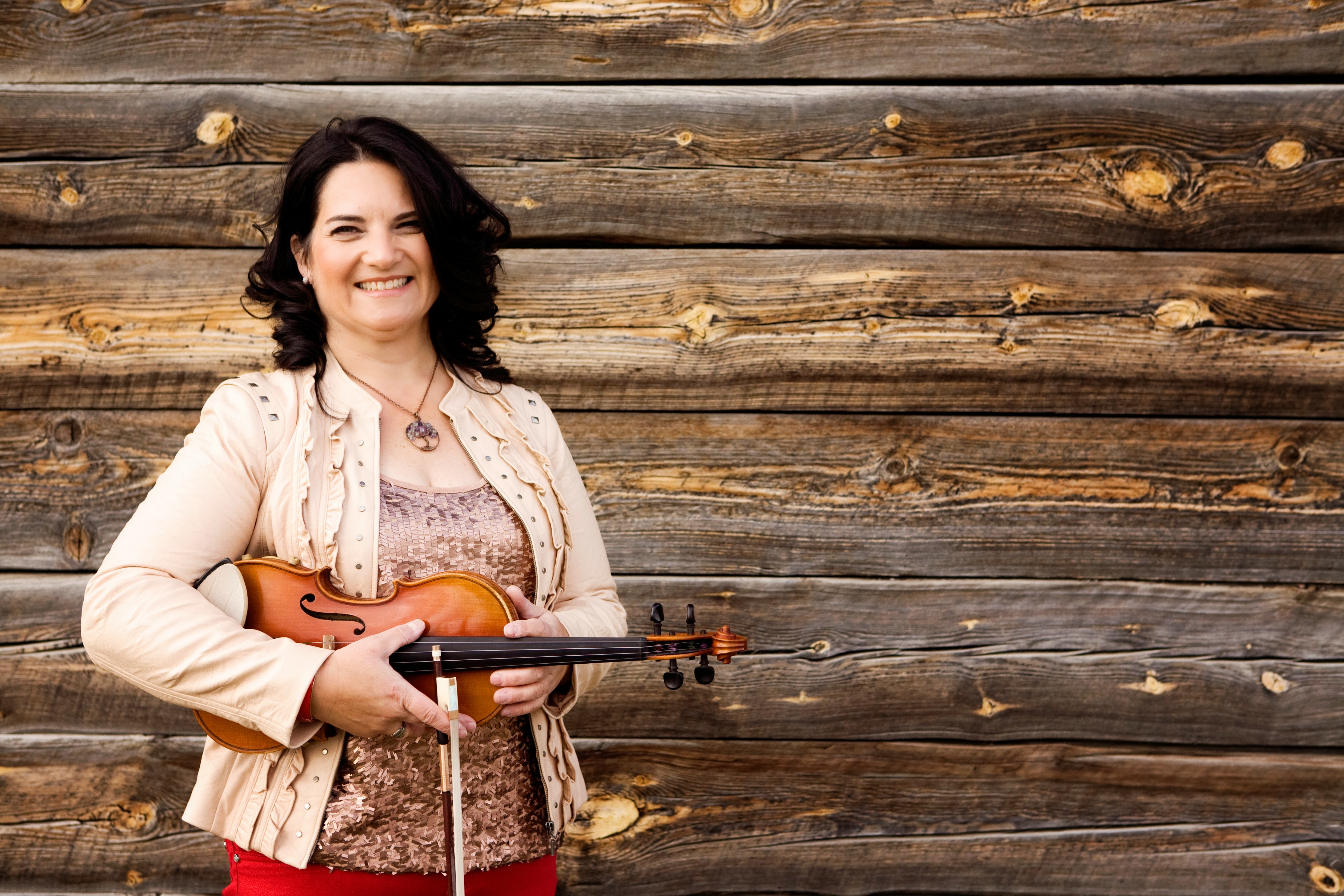In the wake of U of M vice-provost of Indigenous engagement Lynn Lavallée’s resignation, some Indigenous students on campus are looking toward an uncertain future.
Lavallée, who was appointed to the position in Sept. 2017, announced her resignation Dec. 6, citing a lack of response on Indigenous issues from the university’s administration.
University of Manitoba Indigenous Students Association (UMISA) co-president Alannah Mckay said Lavallée’s presence on campus, even for only one year, created a markedly different environment for Indigenous students.
“With Lynn here, I feel like Indigenous students had a bigger voice on campus,” Mckay said.
“We were able to voice our concerns and be able to go to somebody and let her know what was happening - if certain profs, if they were making a racist comment here or there, we were able to go straight to her. She was amazing in that aspect.”
Mckay said that while she had hoped Lavallée would remain in the position until at least the end of the school year, she had been made aware Lavallée was dissatisfied with the position earlier.
Jack Theis, a member of UMISA, said Lavallée kept an open channel of communication between students and administration.
“It was clear that she was dedicated to the students, and that she saw that change could be created, or could come from the University of Manitoba, and spread throughout Turtle Island,” he said.
“But it just wasn’t happening the way it was supposed to.”
Mckay referred to “pushback” from the board of governors and the senate as a reason for Lavallée’s resignation.
“We have 2,400 Indigenous students, we have the [National Centre for Truth and Reconciliation], and we have amazing professors, and she’d seen that as an opportunity to let the U of M be the champions of starting lot of new initiatives toward reconciliation, especially for Indigenous students,” she said.
“But the U of M clearly just didn’t want it.”
Should the U of M fill the position again, Mckay said she believes the position should be changed from the ground up.
“The U of M needs to focus on Indigenous resurgence,” she said.
“Because I feel like if they have something like that, like Ryerson, like UVic, it’s the U of M acknowledging that we are a colonial institution, and there have been so many harms done in the past, and that they’re willing to build the relationship between Indigenous and non-Indigenous peoples further within the academy.”
Mckay added that when Indigenous students met with president David Barnard and the presidential executive team in November, they emphasized the importance of Indigenous students being actively involved in the hiring process of administrative positions involving Indigenous engagement on campus.
Theis said for the university to move forward with the process of replacing Lavallée, it needs to “willingly hire someone who’s going to fight for the students, even if [that’s what] some of the higher-ups aren’t accustomed to.”
“Someone who’s going to be willing to disrupt the system,” said Mckay.
“The university has to talk about race, has to talk about anti-Indigenous racism, has to talk about denying us the resources to be able to revitalize our languages, about reallocating resources, and the university has to get comfortable [talking about it], just like every individual does, just like all of society does,” Theis said.
“Or else nothing will ever change.”





